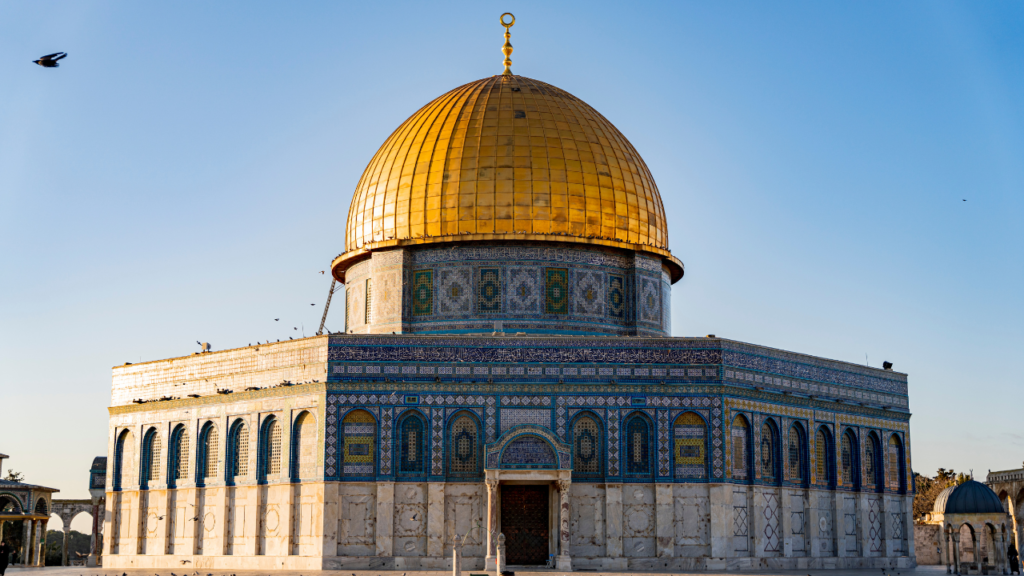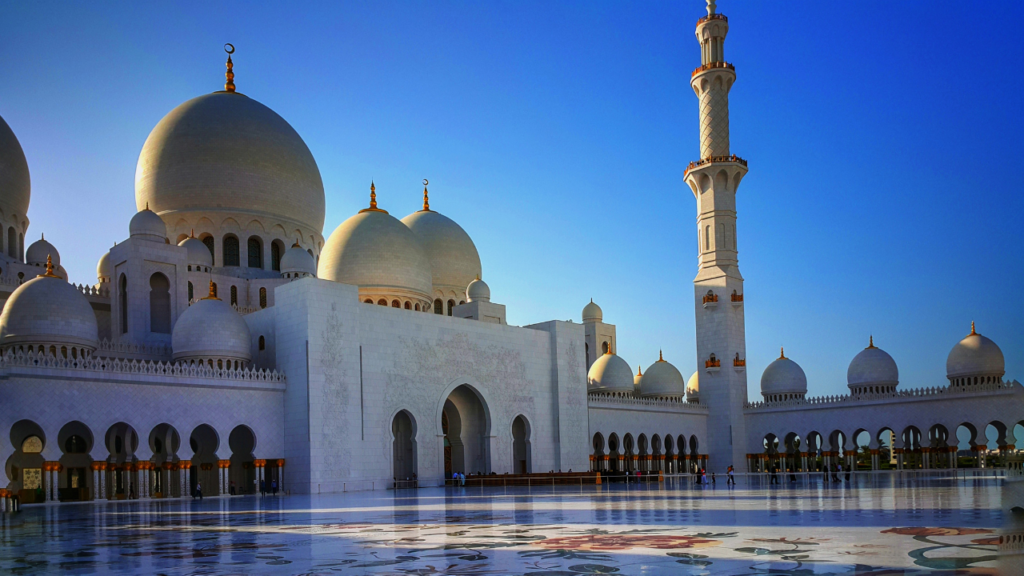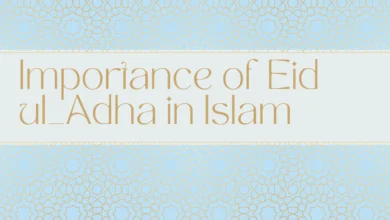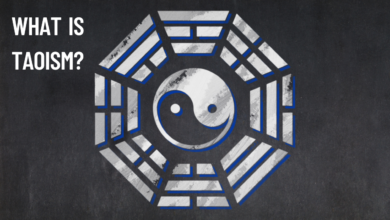Islam main Ilm ki Ahemiyat
Nurturing Minds, Enriching Souls: The Importance of Knowledge in Islam

Islam main Ilm ki Ahemiyat
“Ilm ki Ahemiyat” translates to “the importance of knowledge” in Islam. It signifies the profound significance of acquiring knowledge as emphasized in Islamic teachings.

Introduction:
Islam, as a comprehensive way of life, places a profound emphasis on the acquisition and dissemination of knowledge. The Arabic word for knowledge, “ilm,” holds a special place in the teachings of Islam, reflecting its importance in the development of individuals and society. This article explores the significance of knowledge in Islam and the role it plays in the lives of Muslims.
Qur’anic Emphasis on Knowledge:
Islam’s holy book, the Quran, repeatedly underscores the importance of knowledge. In numerous verses, Muslims are encouraged to seek knowledge and reflect upon the world around them. One of the most renowned verses is found in Surah Al-Alaq (96:1-5), where Allah commands the Prophet Muhammad (peace be upon him) to read, symbolizing the broader concept of acquiring knowledge.”Read in the name of your Lord who created. Created man from a clot. Read, and your Lord is the Most Generous – Who taught by the pen – Taught man that which he knew not.“This verse highlights the divine connection between knowledge and creation, emphasizing the role of education in understanding the world.

Also check.
- Why Ludo is Haram in Islam?
- Who Crucified Jesus in Islam?
- What is Dar al Islam?
- Where is Taoism Practiced?
- What is Haram?
The Pursuit of Knowledge as an Obligation:
In Islam, seeking knowledge is not merely a commendable act; it is considered an obligation for every Muslim, male and female. The Prophet Muhammad (peace be upon him) is reported to have said, “Seeking knowledge is obligatory upon every Muslim.” This hadith underscores the universal nature of knowledge as an integral part of Islamic practice.The scope of knowledge in Islam is vast, encompassing religious sciences (ilm al-din) as well as worldly sciences (ilm al-dunya). Muslims are encouraged to explore various fields, from theology and jurisprudence to mathematics, astronomy, medicine, and beyond.
Knowledge as a Tool for Social Development:
Islam envisions knowledge as a means of societal development and progress. Education is seen not only as a personal endeavor but also as a way to contribute positively to the community. The Quran promotes the idea that knowledgeable individuals are better equipped to serve humanity, promote justice, and uphold ethical values. The Prophet Muhammad (peace be upon him) said, “The seeking of knowledge is obligatory for every Muslim, male and female,” emphasizing the inclusivity of education and knowledge for all members of society.
The Harmony of Faith and Reason:
Islam encourages a harmonious relationship between faith and reason. The Quran invites believers to ponder over the natural world, urging them to reflect on the signs of God’s creation. The pursuit of knowledge, therefore, is seen as a means of deepening one’s faith and understanding the wisdom behind the Creator’s design.Islamic scholars throughout history have engaged in the study of various sciences, seeking to integrate reason and revelation. This integration has contributed to the rich intellectual heritage of Islam and has had a lasting impact on fields such as philosophy, astronomy, medicine, and architecture.
Conclusion:
In Islam, the pursuit of knowledge is not confined to a particular time or place; it is a continuous and lifelong journey. Ilm ki ahemiyat, or the importance of knowledge, is ingrained in the very fabric of Islamic teachings. Through the Quranic emphasis on learning, the prophetic traditions promoting education, and the historical contributions of Muslim scholars, Islam fosters a culture of intellectual curiosity and enlightenment. As Muslims, embracing knowledge is not only a personal obligation but a pathway to individual and collective success, contributing to the betterment of society and the world at large.

FAQs
What does “Ilm ki Ahemiyat” mean in Islam?
“Ilm ki Ahemiyat” translates to “the importance of knowledge” in Islam. It signifies the profound significance of acquiring knowledge as emphasized in Islamic teachings.
Why does Islam place such a strong emphasis on knowledge?
Islam views knowledge as a means of enlightenment, personal development, and societal progress. The Quran and the teachings of Prophet Muhammad (peace be upon him) emphasize the pursuit of knowledge as an essential part of the Islamic way of life.
Are there specific Quranic verses highlighting the importance of knowledge?
Yes, one notable verse is found in Surah Al-Alaq (96:1-5), where Allah instructs the Prophet Muhammad (peace be upon him) to read, emphasizing the divine connection between knowledge and creation.
Is seeking knowledge considered obligatory in Islam?
Yes, seeking knowledge is considered obligatory for every Muslim, as stated by the Prophet Muhammad (peace be upon him). This obligation encompasses both religious and worldly knowledge.
What is the significance of the integration of faith and reason in Islam?
Islam encourages believers to harmonize faith and reason. The Quran invites reflection on the natural world, and the integration of faith and reason is seen as a way to deepen one’s faith and understand the Creator’s wisdom.
How does knowledge contribute to societal development in Islam?
Islam envisions knowledge as a tool for social development. Educated individuals are better equipped to contribute positively to their communities, promote justice, and uphold ethical values.




